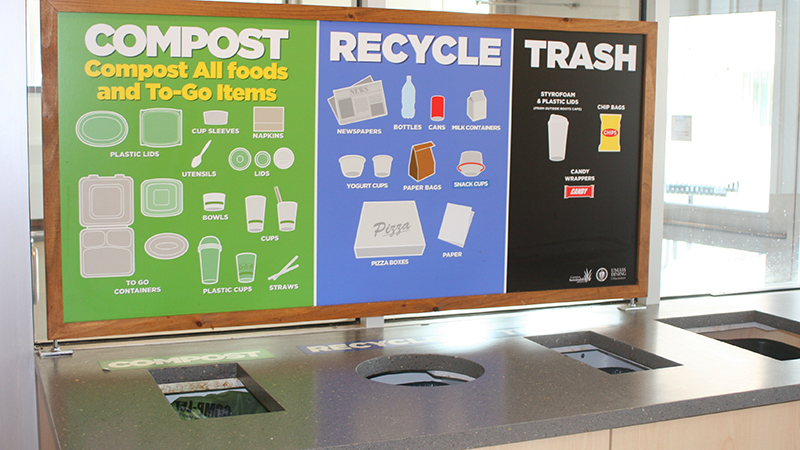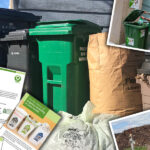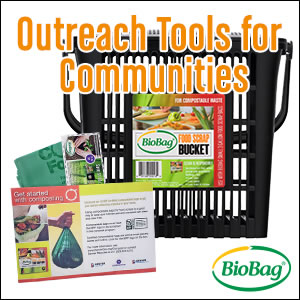Top: Analyzing kitchen waste can point to source reduction practices such as reducing excessive trimming during food prep.
When businesses start to source separate their food scraps for recycling and see what is in that waste stream, they come to the realization that they are paying for that food twice — when they buy the product, and when they discard it. That reality paves the way for action across the U.S. EPA’s Food Recovery Hierarchy, with businesses adopting prevention tactics to eliminate waste before it is created, saving money, resources, and time. The Center for EcoTechnology (CET), an environmental nonprofit in western Massachusetts, works with hundreds of businesses every year to help them reduce wasted food. Often, there is hesitancy to implement source reduction as an initial step. While many businesses recognize the connection between waste and wasted money, it can take a cultural shift to acknowledge that sometimes these enterprises over-order, waste product, or serve excess.
The shift needed to address this challenge often requires a big picture approach. While all strategies in the hierarchy are important, there is no one-size-fits-all solution to addressing a business’ waste stream. Everything from the type of food prepared, the service providers available, and the scale of the operation leads to unique circumstances requiring customized solutions. The University of Massachusetts, Amherst, for example, has been composting for over two decades, and incorporated tools to track waste as they began to focus on procuring local products about 15 years ago. Through this process, they identified and reduced excessive trimming, while employing creative strategies to cut postconsumer waste.
Once a business begins separating waste, it’s easy to find even more opportunities. San Diego County Regional Airport Authority, which started with source separation of food waste, quickly added a donation program to redirect edible food to hungry people. The Preppy Puppy Bakery in West Wareham, MA started by composting, and recently reached out for support to incorporate prevention and donation strategies. Since working with CET, the bakery adopted new prevention techniques and developed a relationship with the South Shore Community Action Council to donate surplus edible pet treats.
— Kat McCarthy, Center for EcoTechnology














